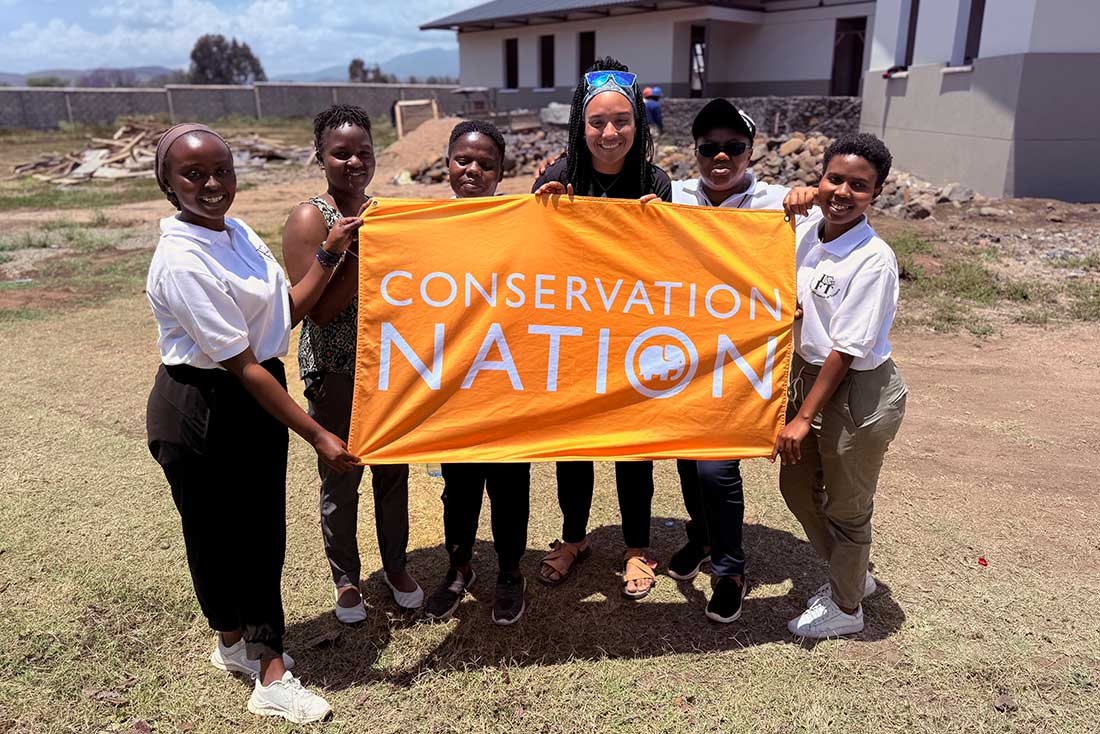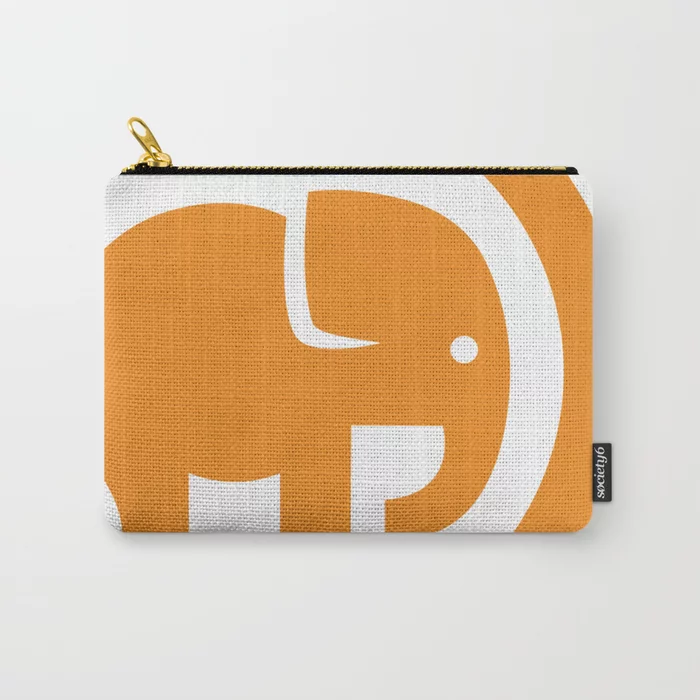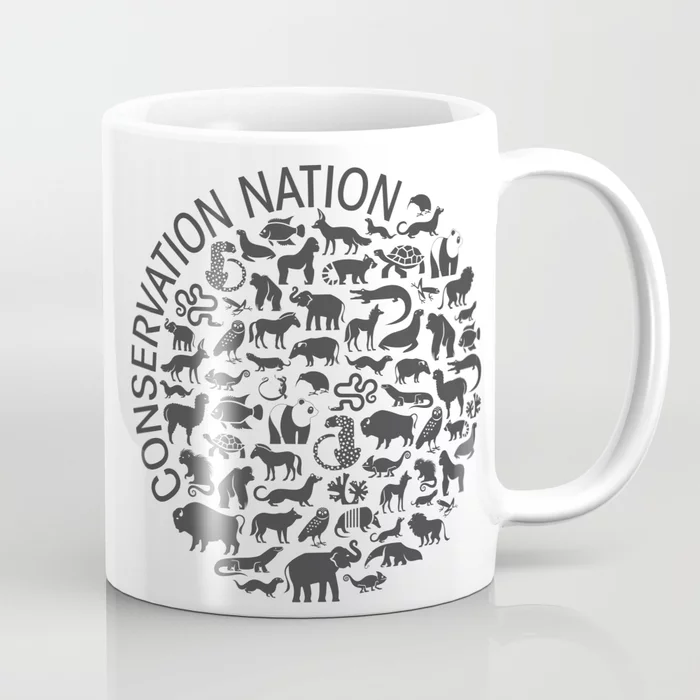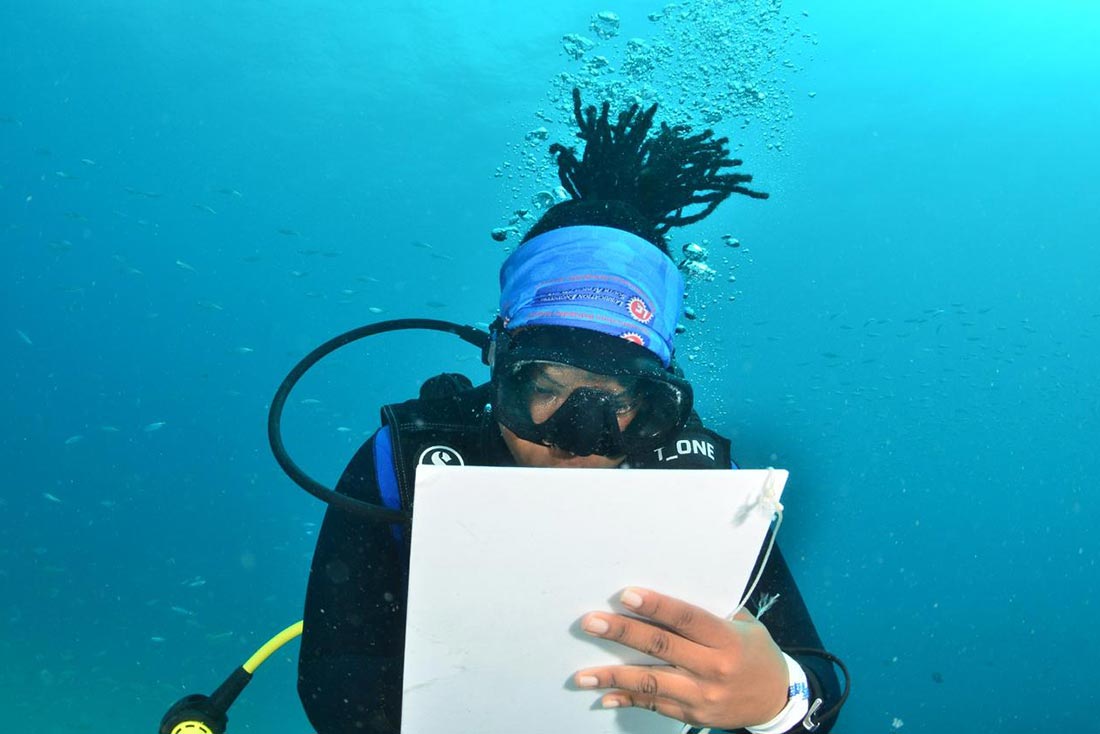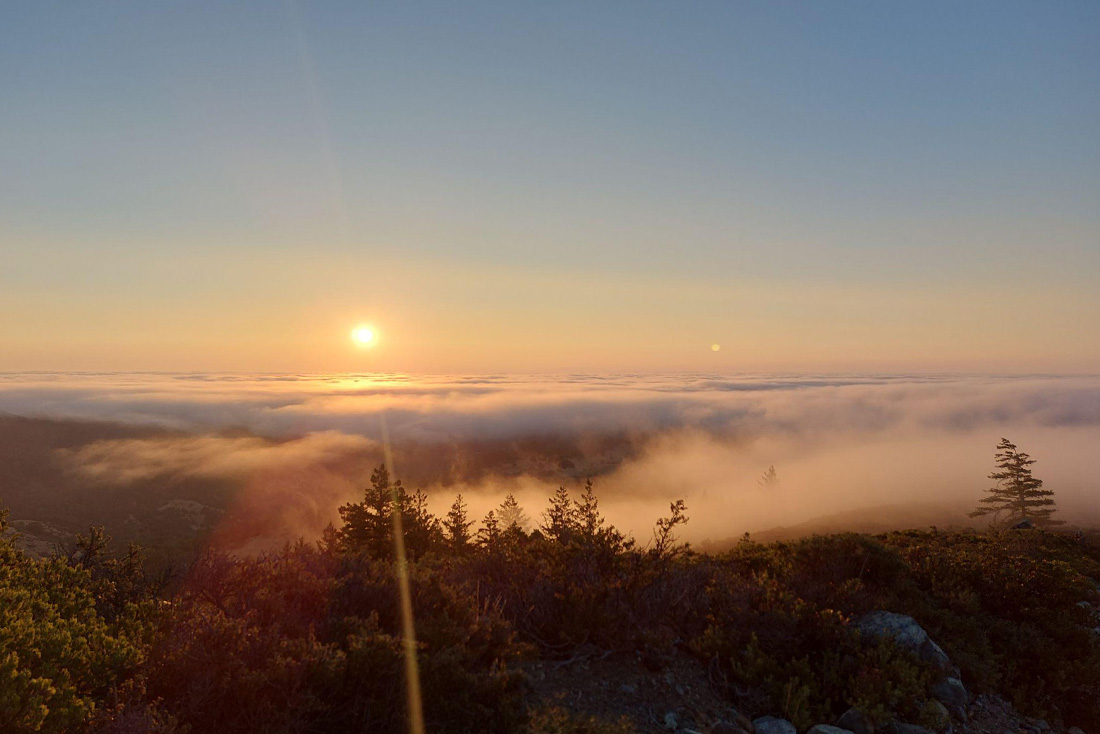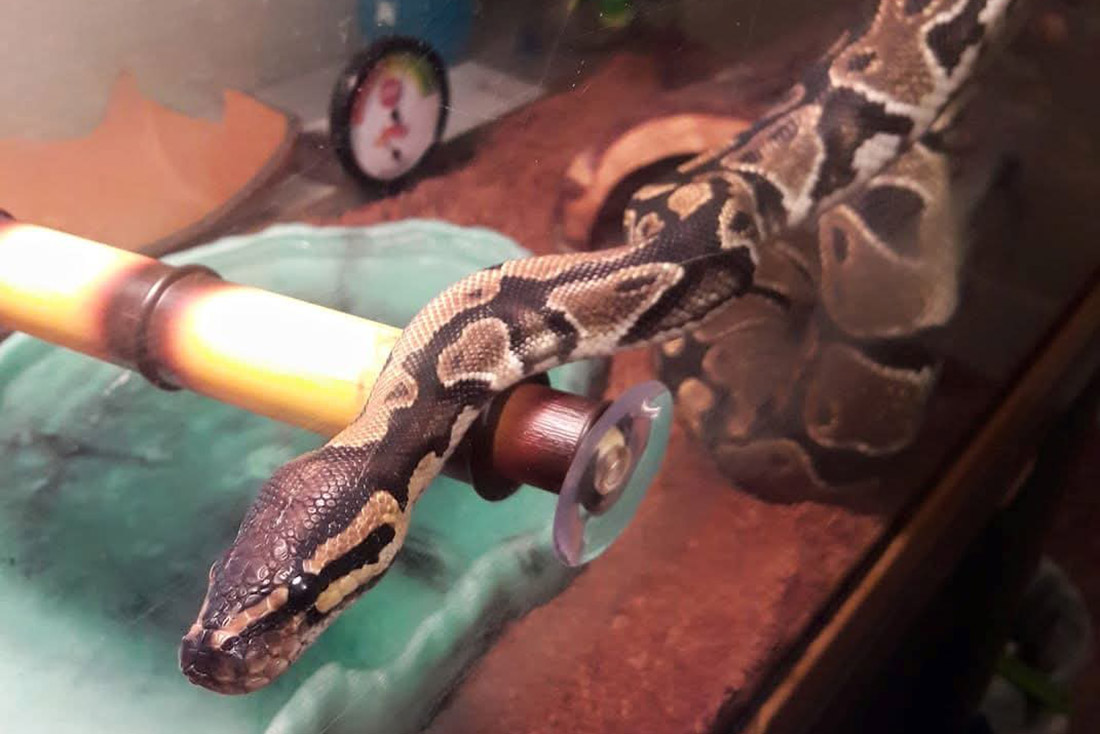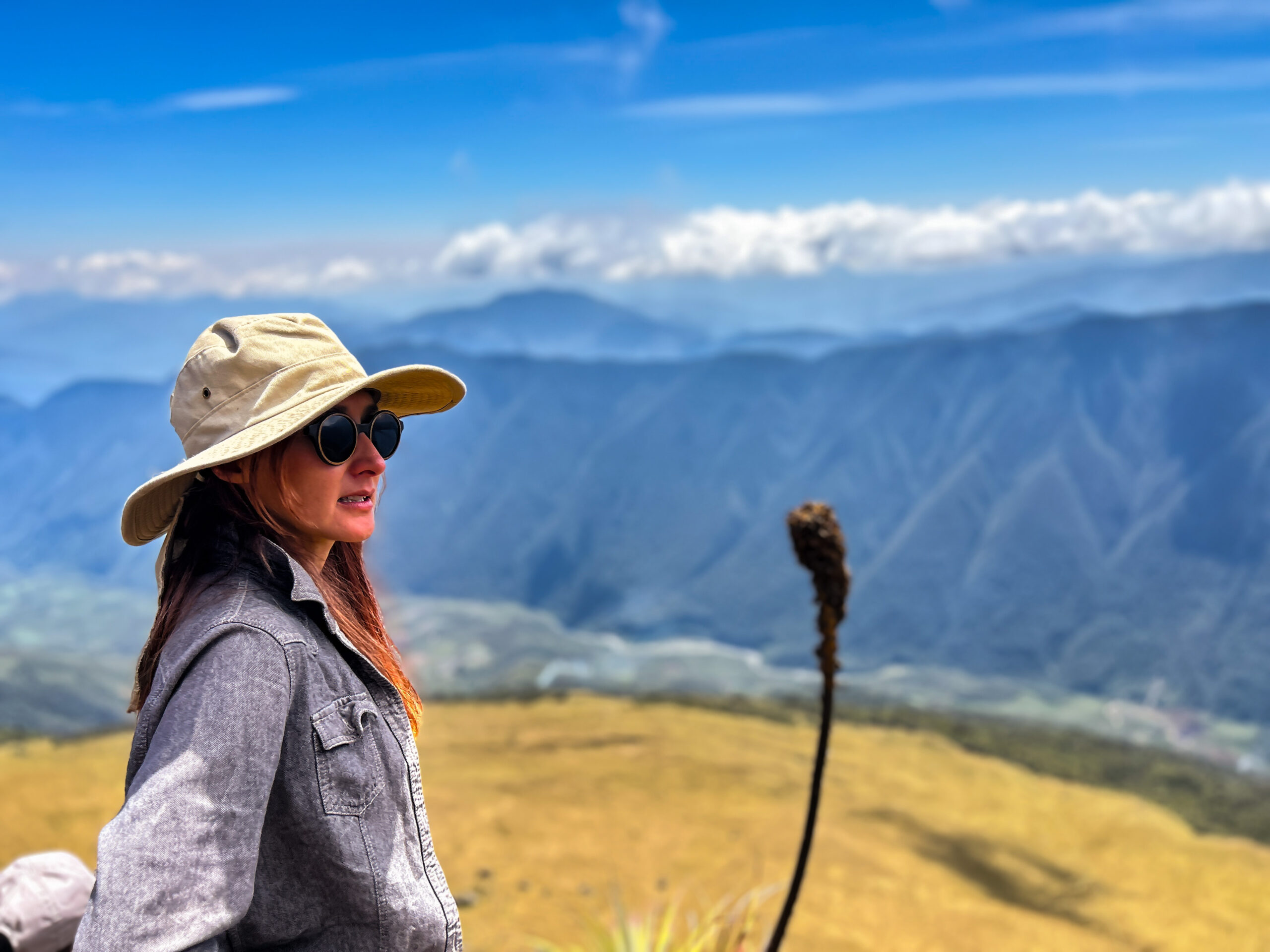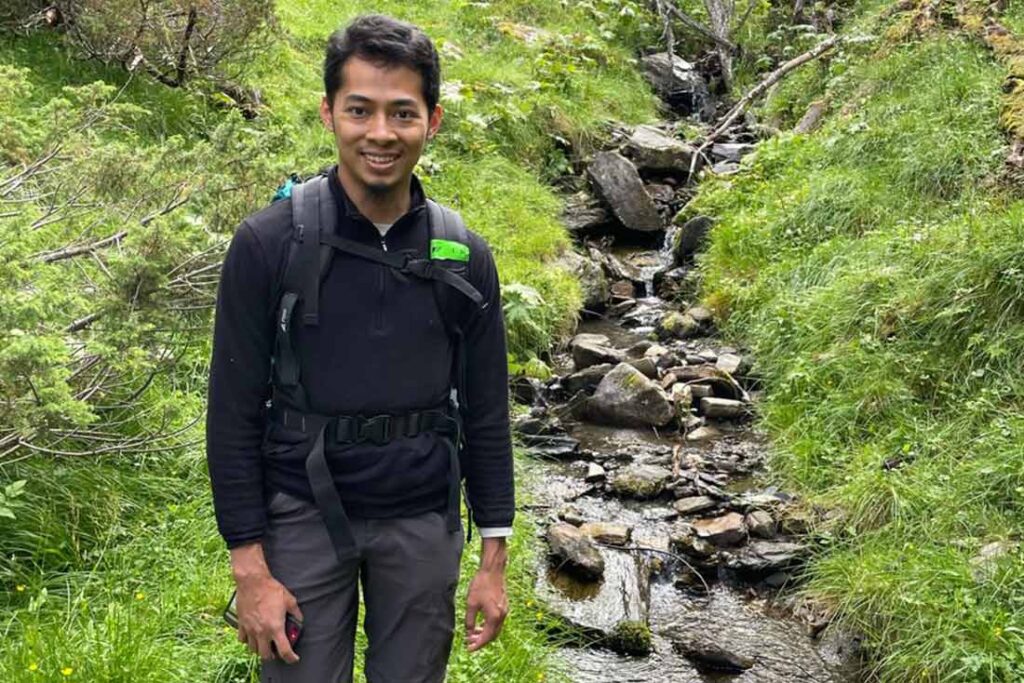Mukhlish ‘Jamal’ Musa Holle is one of Conservation Nation’s 2024 conservationist grant recipients. As an ecologist, his focal area of interest is the sustainable management of agricultural landscapes in Southeast Asia. Jamal has a bachelor’s in biology from Gadjah Mada University, a master’s in environmental science from Hokkaido University, and a master’s in business administration from the Quantic School of Business and Technology. He also holds a PhD from Oxford University, where his research focused on tropical agroecosystem functions under changing climate and land use conditions.
Jamal is an instructor at Gadjah Mada University in Indonesia and a co-founder of Konklusi, an Indonesia-based non-governmental organization focused on neglected endangered species conservation. He is also a fellow at the Project on Nature and Governance at the University of California, Los Angeles, where he researches the challenges and opportunities palm oil plantations present for various stakeholders. Additionally, Jamal is a research associate at IPB University in Indonesia, where he conducts socio-ecological surveys to identify options for restoring river systems in small-scale and industrial palm oil plantations.
Conserving Tropical Forests and Developing Essential Ecological Survey Skills in Students
Jamal’s primary research examines how sustainable farming practices might contribute to conserving and restoring Southeast Asia’s tropical forests. He is in the early stages of establishing a research team but lacks the necessary equipment to conduct his fieldwork. Additionally, as a university instructor, he has had to teach ecological survey techniques to students using a limited quantity of homemade instruments.
To advance his research and contribute to his students’ skills in conducting biodiversity surveys, Jamal will use his grant funding to purchase field equipment. These tools will include items for surveying vertebrates and invertebrates (e.g., camera traps, mist nets, and insect traps) and data loggers to measure environmental factors. Beyond the immediate research needs his purchases will fulfill, Jamal believes that providing his students with access to basic scientific equipment will give them experiences that inspire and nurture the next generation of conservationists.

